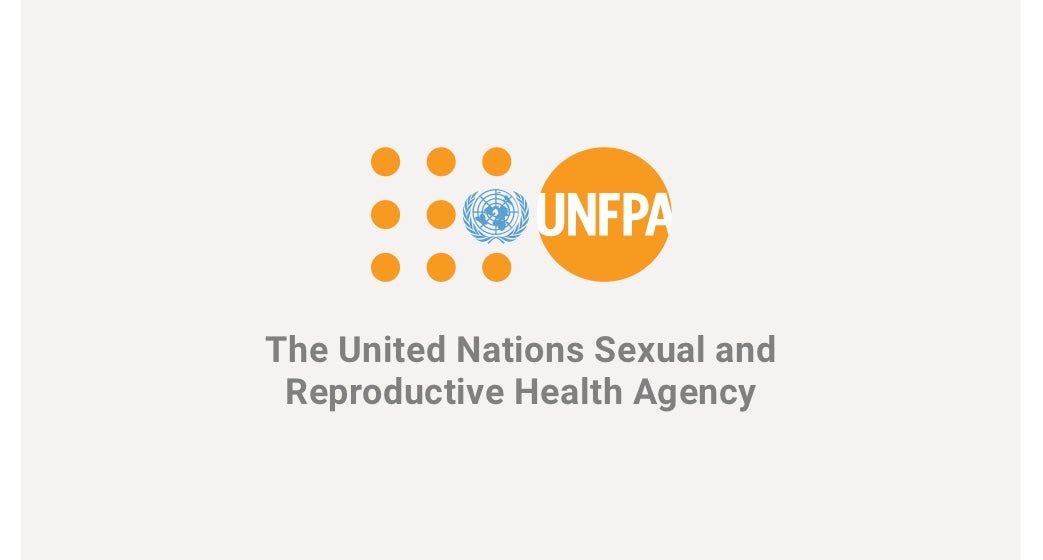Corporate Environmental Responsibility in UNFPA
At UNFPA, the United Nations Population Fund, we believe that local action is essential to drive global progress towards a climate-friendly, sustainable future. We are committed to leading by example by being a climate neutral organization that continues to reduce its overall impact on the environment. We do so by reducing our own carbon footprint, waste and water usage and by promoting a culture of sustainability across the organization. For UNFPA, environmental responsibility means working to ensure not only the health and rights of women, girls and young people, but also the health of the planet they depend on.
-Dr. Natalia Kanem, Executive Director, United Nations Population Fund (UNFPA)
UNFPA highlights
Mainstreaming environmental efficiency in UNFPA’s daily operations
In 2021, the UNFPA Environmental Efficiency Strategy was approved, putting the agency on track towards reaching the objectives of the 2019 Strategy for Sustainability Management in the UN system 2020–2030. The strategy’s main goal is to reduce UNFPA’s overall greenhouse gas emissions from operations by 45 per cent by 2030, aligning with the Paris Agreement objectives, which aim to limit global warming to 1.5° C. In addition, the strategy addresses environmental issues in procurement, human resources, facilities management, events and travel, as well as in information, communications and technology.
As detailed in the graphs below, UNFPA’s overall carbon footprint from operations amounted to 16,336 tCO2e (tonnes of carbon dioxide equivalent) in 2023, 6 per cent more than in 2022, slowly increasing the gap to the expected 30 per cent reduction by 2025. Nevertheless, between 2010 and 2023, total emissions were reduced by 25 per cent.
Emission-reduction initiatives include investing in energy-efficient equipment, installing solar panels, better managing of fleets, and investing in video-conference technology to reduce travel. These have had an impact, as we observe most of the emissions reduction since 2018 comes from Facilities (-26%) and Company vehicles (-54%)
UNFPA carbon footprint from 2023 operations, are offset by purchasing and canceling equivalent certified emission reductions. These carbon offsets are financed by the UNFPA Climate Neutral Fund, established in 2015, thanks to a 2 per cent cost recovery on travel tickets.
In 2022, UNFPA signed the Service Provision Agreement with UN FLEET for the provision of vehicle leasing services, aiming to reduce the size and age of the UNFPA fleet and to reduce the costs of acquiring new, more efficient and less-polluting vehicles.
In 2023, UNFPA included environmental-performance indicators for senior managers to ensure accountability towards reaching the strategy’s objectives.




